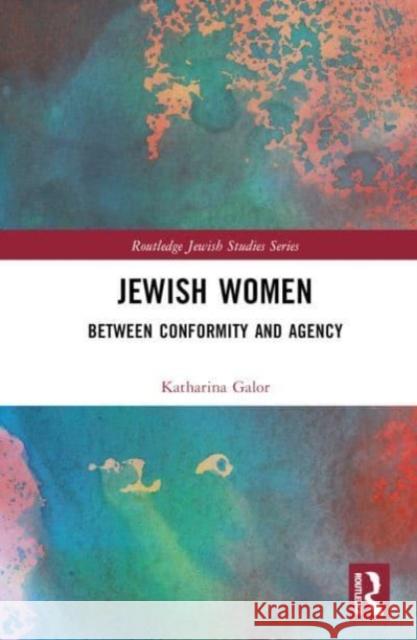Jewish Women » książka
topmenu
Jewish Women
ISBN-13: 9781032576794 / Twarda / 2023 / 384 str.
Jewish Women
ISBN-13: 9781032576794 / Twarda / 2023 / 384 str.
cena 762,24
(netto: 725,94 VAT: 5%)
Najniższa cena z 30 dni: 654,86
(netto: 725,94 VAT: 5%)
Najniższa cena z 30 dni: 654,86
Termin realizacji zamówienia:
ok. 16-18 dni roboczych.
ok. 16-18 dni roboczych.
Darmowa dostawa!
Jewish Women: Between Conformity and Agency examines the concepts of gender and sexuality through the primary lens of visual and material culture from antiquity through to the present day.











